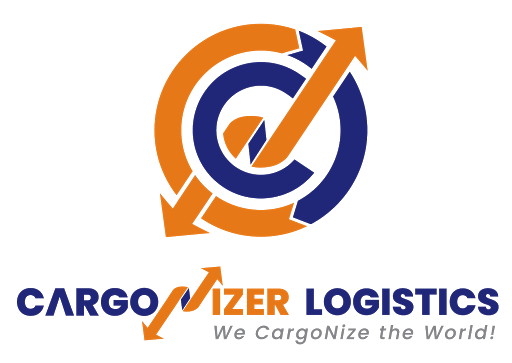A newcomer to the international freight forwarding business, CargoNizer is convinced it can make its mark in this competitive market. The company needs a highly fluid intermodal chain to ensure fast transit times for its international customers.
Founded in 2014, CargoNizer Logistics currently has two very full-time employees at its Pointe-Claire offices. As an international freight forwarder, the company ensures that goods shipped to or from abroad reach their destination smoothly. It organizes pick-up, transport and delivery, including regulatory formalities such as customs, all along a chain that may include air, sea, rail or truck.
A true transport enthusiast, Massi Madjkane studied at the Institut supérieur d’études logistiques at the University of Le Havre in France. He is convinced that his company can carve out an enviable place for itself among forwarding agents, already relatively numerous in Montreal due to the presence of the Port of Montreal and Pierre-Elliott-Trudeau airport. His biggest current customer is a military supplier, who mainly ships electronic components, spare parts and paint.
To benefit from the support of international partners, CargoNizer is a member of the Premier Cargo Alliance, a network of independent freight forwarders based in Toronto. “When I need to ship something to another country, I contact a member forwarder and can get all the relevant information, such as customs duties, regulations or risks that could lead to slowdowns,” explains Massi Madjkane. Conversely, I help these international partners when they have deliveries to make in Canada.”
Have it all, right now
Like all freight forwarders, CargoNizer depends on the fluidity of the intermodal transport chain, based on sea, rail and road. For our customers, the faster the transport, the cheaper it is”, explains Massi Madjkane. Fluidity is therefore an essential element, which can turn into a major competitive advantage, but whose absence can become a major disadvantage.”
For CargoNizer, as for all forwarding agents and carriers doing business with the Port of Montreal, truck waiting times at port gates are a problem. The loading and unloading of ships is well done,” he says. But it takes a long time. We need to invest in computer systems and processes capable of handling more containers in a day.”
Access to the port is also complicated by congestion. The roadworks planned for Montreal over the next few years are likely to complicate traffic and increase delays. In the transport business, customers have a ‘have it all, now’ mentality,” adds the forwarder. If there’s a blockage somewhere in the intermodal chain, it prevents us from offering adequate service.”
Beyond this concern, Massi Madjkane hopes that the Port of Montreal will be able to benefit from sufficient investment to remain competitive with other East Coast ports, which are investing heavily.
